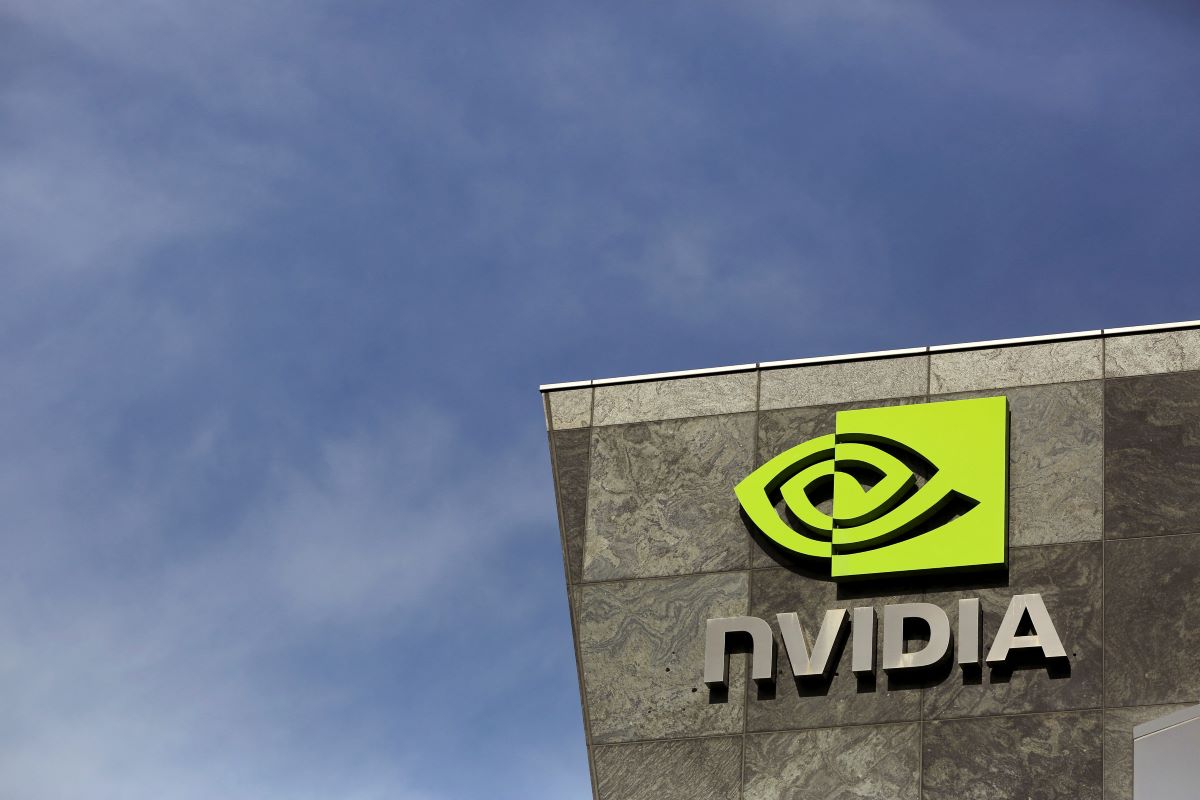China Says Nvidia Violated Anti-Monopoly Law in Preliminary Probe, Will Require Further Investigation Amid Trade Talks
China’s State Administration for Market Regulation (SAMR) on Monday said that Nvidia has violated the country’s anti-monopoly law following a preliminary investigation, and announced that it will carr

China’s State Administration for Market Regulation (SAMR) on Monday said that Nvidia has violated the country’s anti-monopoly law following a preliminary investigation, and announced that it will carry out further inquiries into the U.S. chip giant.
Nvidia shares dropped 2% after the report.
The case traces back to Nvidia’s $7 billion acquisition of Israeli technology firm Mellanox in 2020, a deal that Beijing approved at the time under restrictive conditions requiring the U.S. chipmaker not to discriminate against Chinese companies. But last December, the State Administration for Market Regulation (SAMR) alleged that Nvidia had breached both China’s Anti-Monopoly Law and the conditions attached to that approval. The watchdog did not clarify which provisions were violated or what remedies might follow, but confirmed on Monday that a more extensive probe is underway.
The latest announcement comes as U.S. and Chinese officials entered a second day of high-level negotiations in Madrid over tariffs, underscoring Nvidia’s geopolitical significance as the world’s most valuable semiconductor company and a central supplier of artificial intelligence and data center technologies.
Nvidia has also faced fresh regulatory headwinds this summer in China. In mid-July, the company said it would soon resume sales of its H20 AI chips to the Chinese market after obtaining U.S. export licenses—though Washington required Nvidia to share 15% of revenue from those sales in return. But on July 31, Chinese authorities reportedly summoned Nvidia over “severe security risks” tied to backdoors in its H20 chips, and urged domestic companies to accelerate efforts toward GPU self-sufficiency.
Disclaimer: The views in this article are from the original Creator and do not represent the views or position of Hawk Insight. The content of the article is for reference, communication and learning only, and does not constitute investment advice. If it involves copyright issues, please contact us for deletion.